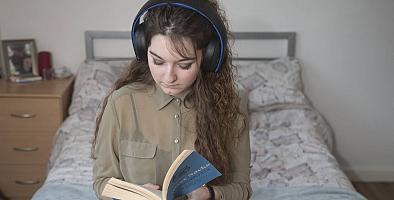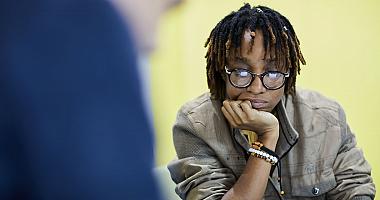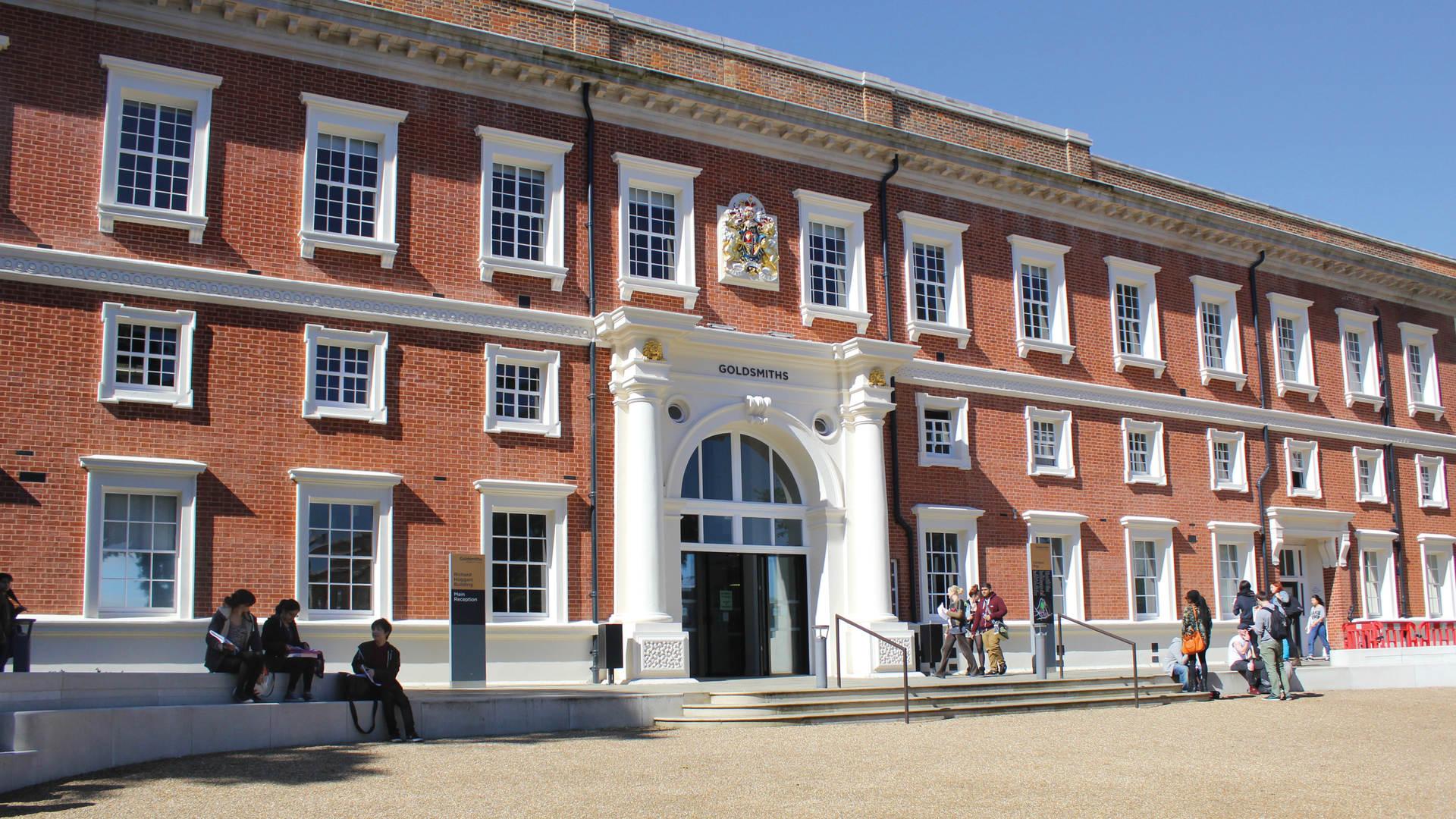Course information
Department
Length
3-4 years full-time or 4-6 years part-time
Course overview
The inter-relationship between theory, scholarship and the creative process is key to the Goldsmiths MPhil/PhD Creative Writing.
Programme content
- You'll be expected to combine your own creative writing – whether poetry, fiction or life writing – with research into the genre or area of literature in which you are working, to gain insight into its history and development, and to engage with relevant contemporary debates.
- This might be genre in the more traditional sense, for example satire, fictional autobiography, verse drama, or particular traditions to which you feel your work relates, for example projective verse, postmodernist fiction, or Caribbean poetics.
- This element of the PhD – the critical commentary – will constitute around 30% of the final work; the major part – 70% – will be a creative work of publishable standard: a novel, memoir, book of poems or collection of stories, for example.
- Assessment is by thesis and viva voce.
- North American applicants especially should note that the British system does not include preparatory taught classes or examinations as part of the MPhil/PhD programme, except for an initial course in research methods.
- Find out more about research degrees at Goldsmiths.
Goldsmiths creative writing students and alumni
Former and current PhD students include the following published writers and poets:
- 2019 Booker Prize-winning Bernardine Evaristo, whose Jerwood Fiction Uncovered-winning book Mr Loverman was written, in part, at Goldsmiths
- Season Butler
- Tom Lee
- Benjamin Woolley
- Linda Buckley-Archer
- Wendy Jones
- Justin Hill
- Sophie Ward
- Francis Gilbert
- Emma Darwin
- Virginia Peters
- Thomas Sykes
- Aoife Mannix
- Katrina Naomi
- Kate Miller (winner of the Seamus Heaney Centre for Poetry Prize)
- Kathryn Maris
- Jack Underwood
- Abigail Parry
- Matthew Gregory
- Jenny Lewis
Contact the department
If you have specific questions about the degree, contact Stephen Knight.





